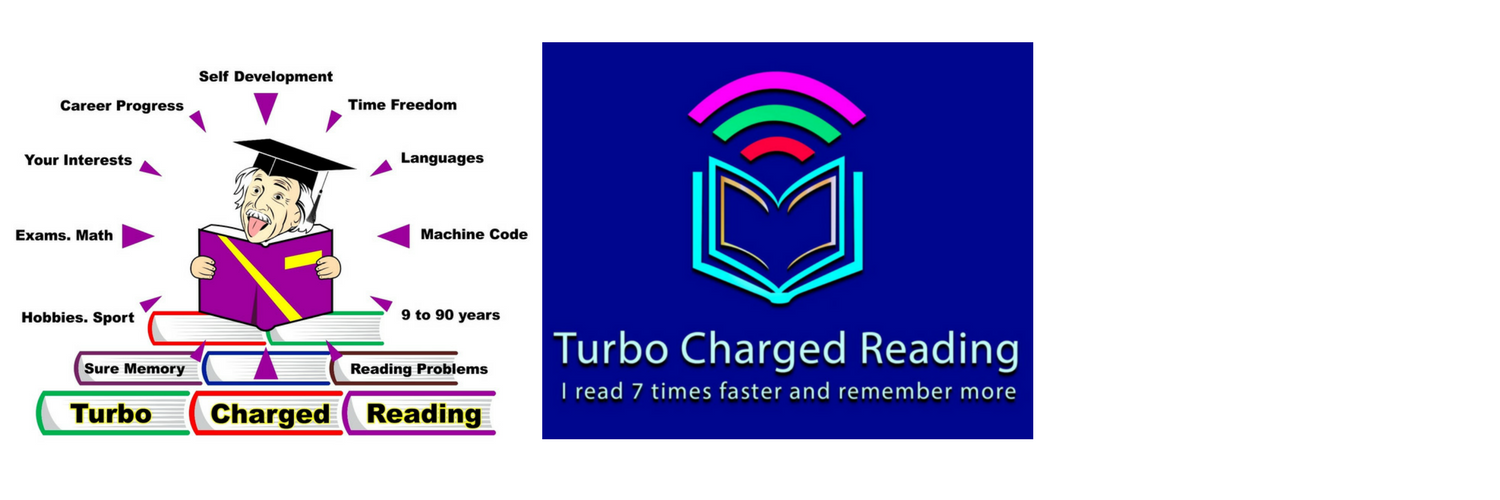Should We Read to
High School Students?
Should high school English teachers read aloud to their
students or play audio recordings to them?
Over the past several years, this practice has insinuated
itself, Justin Bieber-like,
into our consciousness. It seems to be showing up
everywhere and it can be very annoying.
Reading aloud to older students definitely has a place,
and yet it depends upon the purpose.
I know many teachers use it like a crutch, reading to
kids rather than requiring them to do their own reading. It is easier that way,
of course, but it doesn’t accomplish some major instructional purposes.
Thus, if the purpose is to ensure that students know
Poe’s story, “The Cask of Amontillado,”
as a cultural touchstone (“ooh, that’s the one where the
guy gets bricked up in the wall”),
then reading it to the kids should
accomplish that. Or, you could just show an old Vincent Price movie.
The problem, however, is that English teachers need to
teach students to read
that kind of text themselves, and make sense of it.
The hope is that if students build the ability to read
and interpret such texts
that they will be able to do so later in college and in
the workplace (though it would be a pretty strange workplace that wants you to
interpret dramatic irony in an account of a homicide).
The problem is that students won’t build that ability
from being read to.
They need to engage the texts themselves.
But, just because I think the practice is misused by
teachers, that doesn’t mean it should be banned.
What are some good purposes
for oral reading in secondary English?
Here are a few:
1. Teacher
reading (or the use of audio recordings) can provide a model of what a text
should sound like. Thus, if my
students were still building oral fluency, I might have them listen
to a
portion of the text, and then try to make it sound the same way themselves.
Such modeling can play a
useful role in fluency practice, even with older students.
2. There
are times when the point is simply to convey information.
Oral sharing of a text can be
a practical way to accomplish that.
3. We
are responsible for building students’ oral language as well as written.
It can be very useful to
listen to the sound of the language for a particular text.
Eudora Welty wrote about how
important reading aloud was for her in learning to write
and in appreciating the texts
of others. Occasionally demonstrating this power to kids
can be a great idea (though
she engaged in it herself—and your kids should, too).
4. Sometimes
we have to balance efficiency with our instructional purposes.
Teachers sometimes use their
oral reading to speed things along, to focus attention
or motivation, and to make a
lesson fit the schedule. For example, a teacher may have
the students reading and
discussing a text for the first 40 minutes of class, but is not getting
as far
as she hoped. Consequently, she reads the next section of the text to everyone
to complete the chapter before
the bell rings. Or, in another case, the teacher reads
the first 2-3 pages of a story
to the students to set the stage,
and then turns the rest of the
reading over to them.
Nothing wrong with those practices if they don’t
displace too much student reading.
Unfortunately, in my experience, such reading tends to be
used because the kids
are finding the text to be difficult or don’t want to
read it.
Last week, I was teaching a high school English class
myself. I had the students read an essay,
and was
questioning them—and not getting very far, I must admit. At some point,
I asked one young man a question about what the author
said, and he gave a dopey answer.
It was evident he hadn’t actually done the reading. He
either didn’t read it or he read it badly.
It was tempting to just stop there and read the essay to
them to move things along,
but instead I said, “You guys didn’t get it. Read it
again.” It was amazing how the tenor of the class changed at that point, and in
retrospect I’m sure glad I didn’t read it to them.
Oral sharing and video and audio presentations have their
place
in the high school English curriculum. But it is a small
place, so teachers need to be honest
with themselves as to why they are using it. I think one
way to protect against the weak uses of it would be to simply set an arbitrary
percentage of English class that will be devoted to student reading (perhaps
40% or 50%--the teacher might decide that if there are 250 minutes of class
time per week, then students should spend 100 minutes per week reading—not
discussing, not listening to others read,
not writing, not waiting, just
reading stories, poems, essays, literary nonfiction, etc.
Shanahan on Literacy http://www.shanahanonliteracy.com/
You can TCR specialist and language dictionaries
that are spontaneously
accessed.
I can Turbo Charge Read a novel 6-7 times faster and remember what I’ve read.
I can TCR an instructional/academic book around 20
times faster and remember what I’ve
read.
A practical overview of Turbo Charged Reading YouTube
How
to choose a book. A Turbo Charged Reading YouTube
Emotions when Turbo Charged Reading YouTube
Advanced Reading Skills Perhaps you’d like to join my FaceBook group ?
Perhaps
you’d like to check out my sister blogs:
www.innermindworking.blogspot.com gives many ways
for you to work with the stresses of life
www.ourinnerminds.blogspot.com which takes
advantage of the experience and expertise of others.
www.happyartaccidents.blogspot.com
just for fun.
To
quote the Dr Seuss himself, “The more that you read, the more things you will
know.
The
more that you learn; the more places you'll go.”










